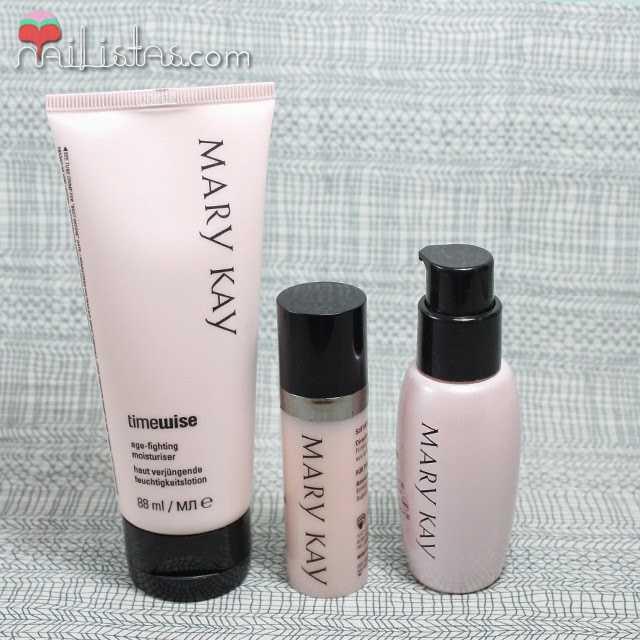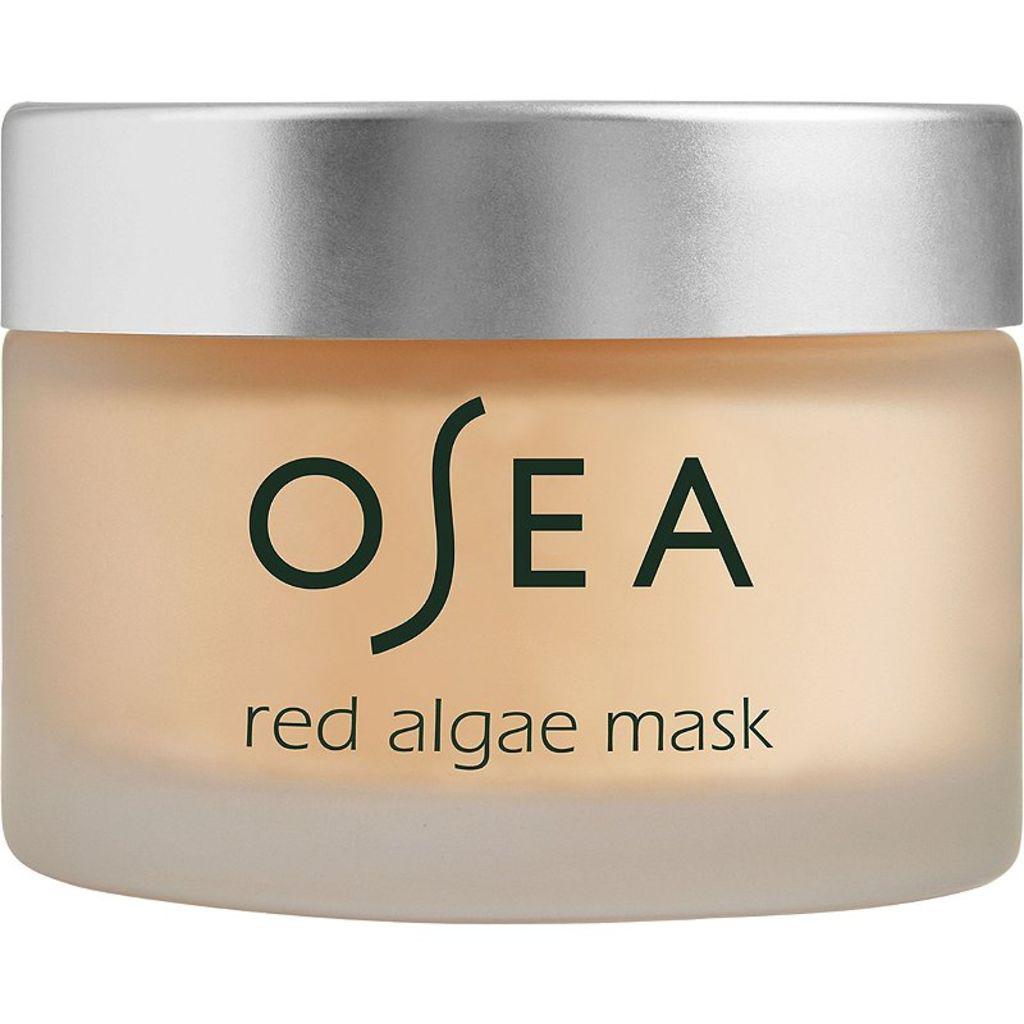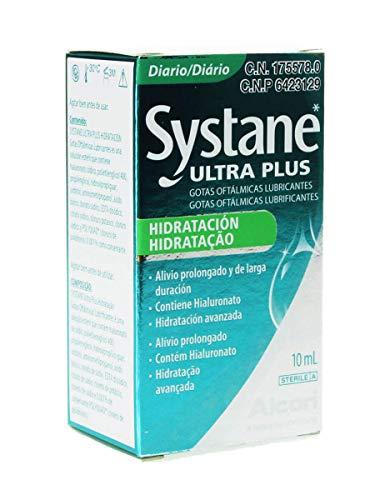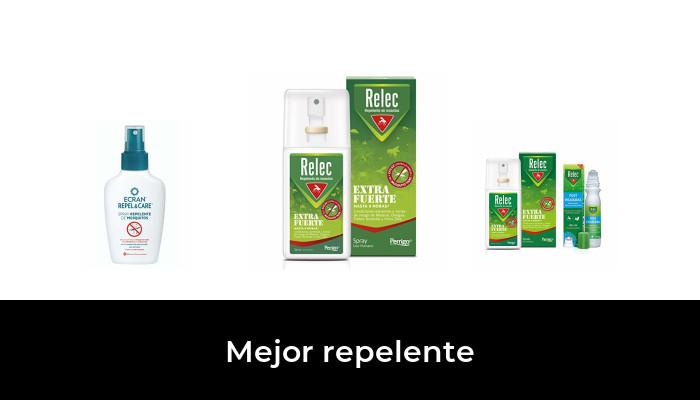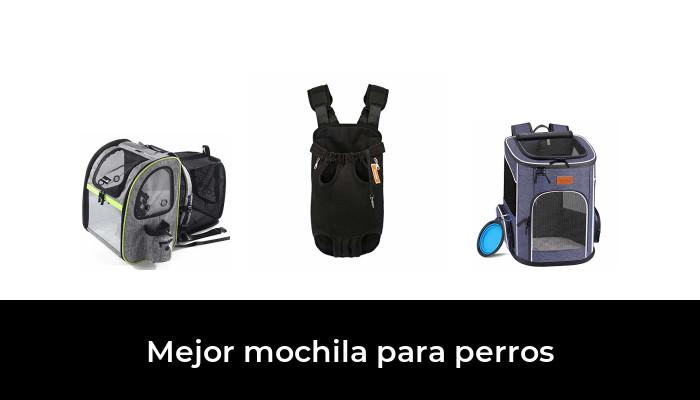Kitchen ingredients that you should not use when you burn yourself or get oil (it could make the wound worse)
Being in the kitchen implies exposing ourselves to some injuries such as cuts or burns. Even when care is taken, accidents can happen. The important thing is to know how to react if something happens. It is common to run to the tap to relieve the pain or spread oil so that "it does not get a blister". But what should you really do when you get burned?
What is a burn
Photo iStock
The National Institute of General Medical Sciences notes that it is damage to tissue caused by chemicals, heat, electricity, nuclear radiation, or sunlight. The most common burns are caused by steam or hot liquid. Also by gases or flammable liquids or by fire somewhere.
There are burns of different degrees, depending on the size and depth they affect. The deeper it is, the longer it will take to heal and may have some complications such as infection or scarring.
Types of burns
- First degree. It damages the outer layer of the skin (epidermis), but as it is a minor injury, it usually heals on its own in a short time.
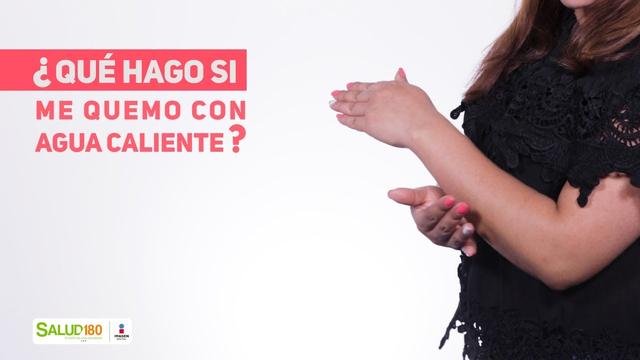
- Second grade. It affects the outer layer (epidermis) and the one below (dermis). In some cases, this burn requires skin grafts and may leave scars.
@JoePCunningham It was one they had us watch at work about how to reduce inventory shrinkage.
— Snake Oil Baron Thu Dec 26 02:51:53 +0000 2019
- Third grade. It destroys both layers of the skin, as well as hair follicles and sweat glands and underlying tissues. To heal the wound, a skin graft is needed.
- Fourth grade. They damage even adipose tissue.
- Fifth grade. It reaches the muscles.
- Sixth grade. It affects even the bones.
When you burn yourself in the kitchen…
Photo iStock
Burns in the kitchen happen from touching a hot pan, when the oil jumps when frying food or with boiled water. The first thing we usually do is put our hand under cold water or apply a little cooking oil to minimize discomfort.
Unfortunately, these home remedies are not a safe option. They may have worked for a neighbor or your aunt, but that doesn't make them the most effective or appropriate methods. It is best to avoid certain kitchen ingredients so as not to put your skin at risk.
What ingredients you shouldn't put on when you burn yourself
+ Oil. It doesn't matter if it's coconut, olive, canola, sunflower or others; neither is a good choice to put on when you get burned. It can cause the skin to burn more.
+ Ice. Cold water or ice can irritate the affected area and in some cases there could be a cold burn.
+ Egg white. They can cause an infection or allergic reaction.
+ Butter. There is no scientific evidence that this ingredient heals a burn. In fact, it traps heat and can contain bacteria that could cause an infection on broken skin.
Now that you know, it's best to go to the doctor in case of an accident in any room of the house. Don't put your health at risk.

![47 best antiage nutritive cream in 2022 [based on 326 reviews]](https://website-google-hk.oss-cn-hongkong.aliyuncs.com/drawing/article_results_6/2022/2/27/1918fc37c66ad30564173e69d9df88a0.jpeg)
